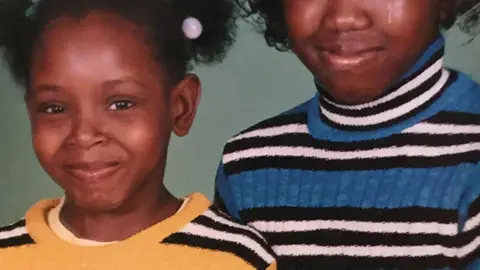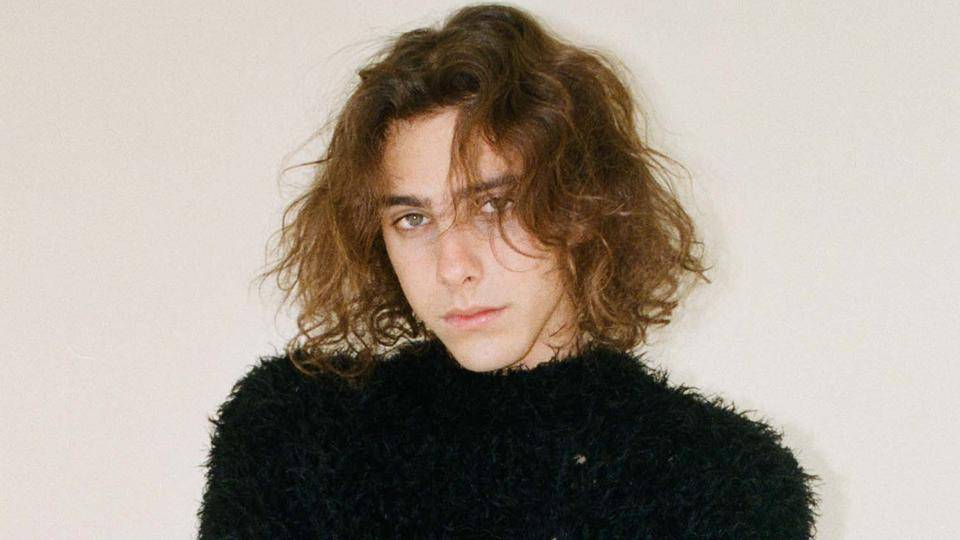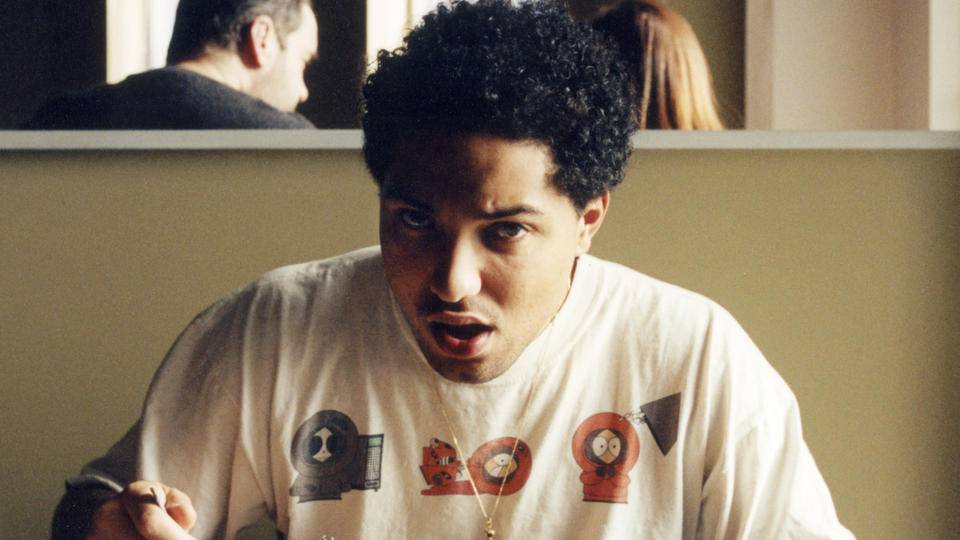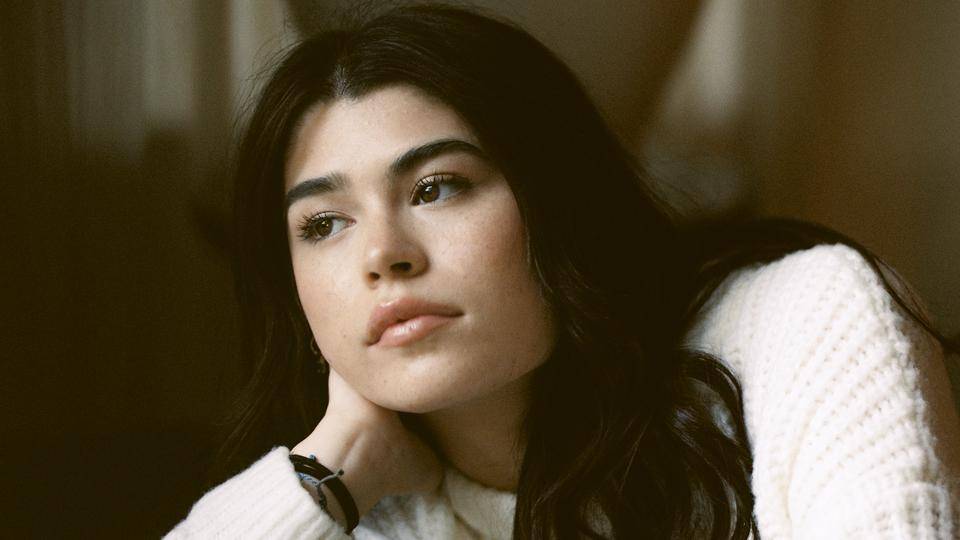Janet: Growing Up With A Mental Illness In An African Home

I was shy as a child. Also, fairly timid and very insecure. I always knew I was different, from as young as I could remember. I was always very aware that the feelings I felt weren’t “normal”. Now, I can see that I suffered depression from about 13 years old.
'10 Brits describe their earliest memories of growing up black...'
'
'
When I was home I covered it with excessive sleeping, and when I was at school I covered it with humour. I remember always having to fabricate my happiness and even at such a young age, I had built up a whole new persona to cover my depression from everyone around me. Sometimes, I look at old pictures of a younger me and wonder if I was ever truly happy. The truth is, I probably wasn’t. I was struggling with a crippling invisible illness. I had never felt true happiness growing up; sure, there were times where life wasn’t always so tough and there were good days, but equally, I had a lot of bad days - really really bad days. Days I would have really dark thoughts, self-harm and even wish I wasn’t alive.
Growing up, mental health information wasn’t as accessible as it is now. We didn’t have hashtags, online support from fellow sufferers or 280 characters to tell the online world how shit you were feeling. In fact, growing up I didn’t know anyone who had a mental illness. I never saw anyone like me; someone who had a job, maintained a life, friendships and relationships. No one who lived and battled an invisible illness and still managed to thrive at life. Mental health was never talked about in my house, at my school or at my church. I’m sure if could ask myself what mental health was at the time, I wouldn’t have had a clue, despite being in the midst of my depression. Looking back, I can now understand that this was a result of being from a culture which viewed mental health as a choice and exclusive to only white people. For the longest time, I was made to believe African culture and mental health were two things that simply couldn’t mix. I became so sure of this that I refused to accept my diagnosis and let my suffering go on for years without seeking the help I needed.
Being from a Nigerian home, I had convinced myself that coming out to my family about my mental health would guarantee me an exorcism or one-way ticket to the motherland. I remember my frustration around finding it difficult to open up about the way I was feeling because the lack of understanding about my condition made seeking support difficult. Lucky enough, opening up to my family wasn’t as difficult as I imagined and was actually extremely liberating. There was freedom in feeling that I could finally start living my truth and live a life dedicated to my recovery. It still feels like a struggle even now, but luckily the initial stigma has shifted and conversations about mental health in my house and among friends are now had. Although we cannot solve the problems of the system overnight, we’re able to start an open dialogue, support each other and share our experiences.
I'm at a point in life where I have never felt so comfortable and secure within myself. Looking back, I’m glad I chose not to suffer in silence any longer and get the support that was out there. Mental illness is not a fad, it is living every day with a crippling, invisible illness. It’s exhausting, life-destroying and can be extremely dangerous if unattended to. It also doesn'tbelong to one culture or another. Mental health is part of the human experience and the sooner we are able to accept this and have vital conversations, the easier it becomes for people who are struggling to seek support.
The support I’ve received from family, friends and healthcare professionals has been invaluable and I can honestly say I wouldn’t still be here today if I hadn’t taken the first step to recovery. I’m lucky enough to have an amazing support system that has supported me on my journey, and even luckier that there were no exorcisms or one-way tickets involved.





